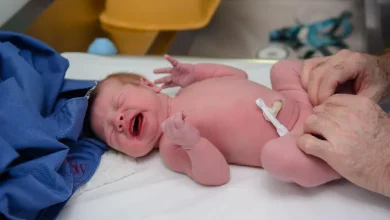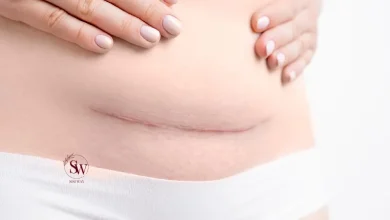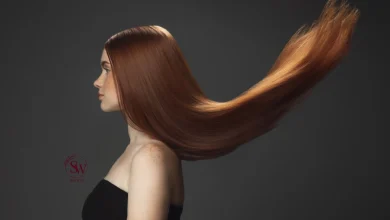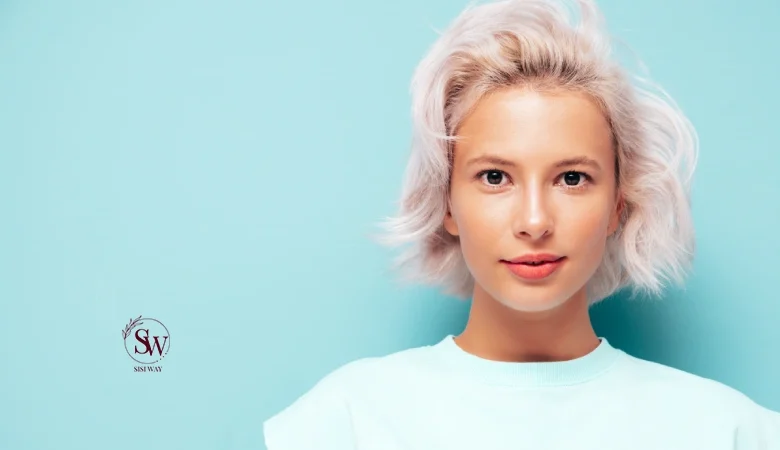
Hair color is one of the most noticeable features of our appearance. It is determined by the amount of melanin, a pigment produced by melanocyte cells in hair follicles. As we age, the production of melanin decreases, leading to the graying of hair. However, the process of why and how hair turns white is more complex than just a decrease in melanin production. In this article, we will explore the science behind why hair turns white, the factors that influence it, and some common myths debunked.
Understanding Hair Color
To understand why hair turns white, it’s essential to know how hair gets its color in the first place. Hair color is primarily determined by two types of melanin: eumelanin, which is responsible for black and brown hair colors, and pheomelanin, which is responsible for red and yellow hair colors. These pigments are produced by melanocytes located in the hair follicles.
How to Make Your Hair Grow Faster?
The Role of Melanin
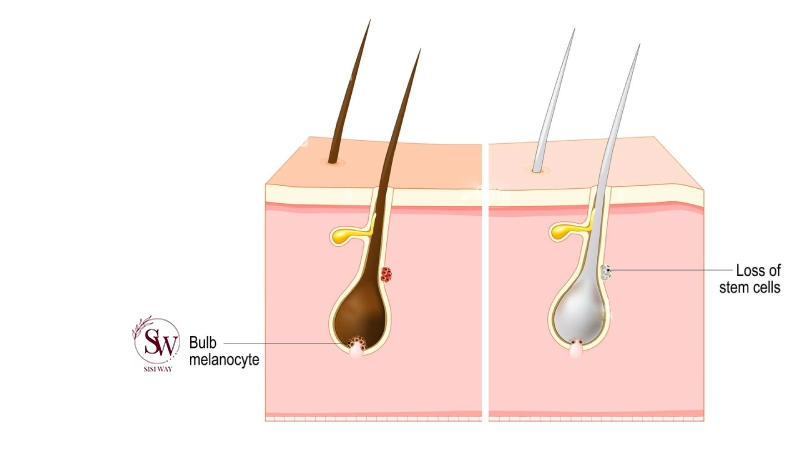
Melanocytes transfer melanin to the cells that produce keratin, the protein that makes up our hair, giving it its color. As we age, the activity of melanocytes decreases, leading to a gradual reduction in melanin production. This reduction in melanin causes hair to become lighter, eventually turning white or gray.
Factors Influencing Hair Graying
While aging is the primary cause of hair turning white, several other factors can influence the process. These include:
- Genetics: The age at which hair starts to gray is largely determined by genetics. Some people may start graying in their 20s, while others may not see any gray hair until their 50s or later.
- Ethnicity: People of different ethnic backgrounds tend to go gray at different rates. For example, Caucasians typically start graying in their mid-30s, while Asians tend to gray later, usually in their late 30s or early 40s.
- Stress: While there is no direct scientific evidence linking stress to gray hair, some studies suggest that chronic stress may accelerate the graying process.
- Nutritional Deficiencies: Deficiencies in certain vitamins and minerals, such as vitamin B12, may contribute to premature graying.
- Smoking: Some studies suggest that smoking may increase the risk of premature graying, possibly due to the harmful effects of smoking on the hair follicles.
Common Myths About Gray Hair
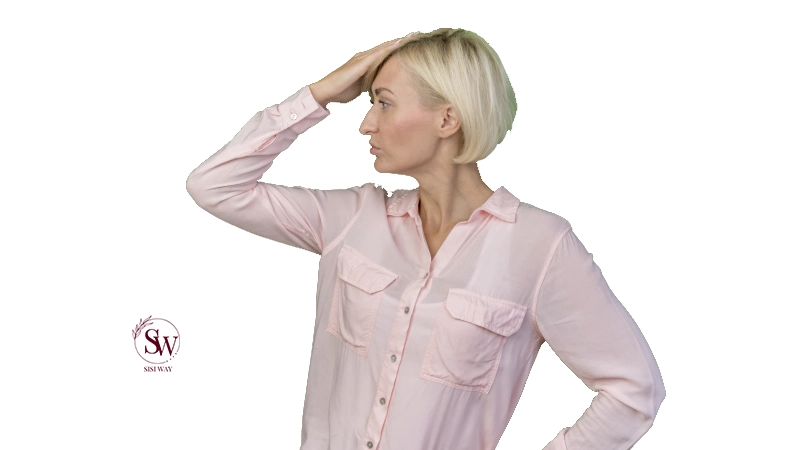
There are several myths and misconceptions surrounding gray hair. Let’s debunk some of the most common ones:
- Plucking Gray Hair Makes More Grow Back: This is a myth. Plucking gray hair will not cause more gray hairs to grow back in its place. However, frequent plucking can damage the hair follicle, leading to hair loss.
- Stress Causes Gray Hair: While stress is often cited as a cause of gray hair, there is no conclusive scientific evidence to support this claim. Genetics and aging are the primary factors that determine when and how hair turns gray.
- Gray Hair is Coarser: Gray hair is not inherently coarser than pigmented hair. However, as we age, the texture of our hair can change due to factors such as reduced oil production in the scalp.
Can White Hair Turn Black Again?
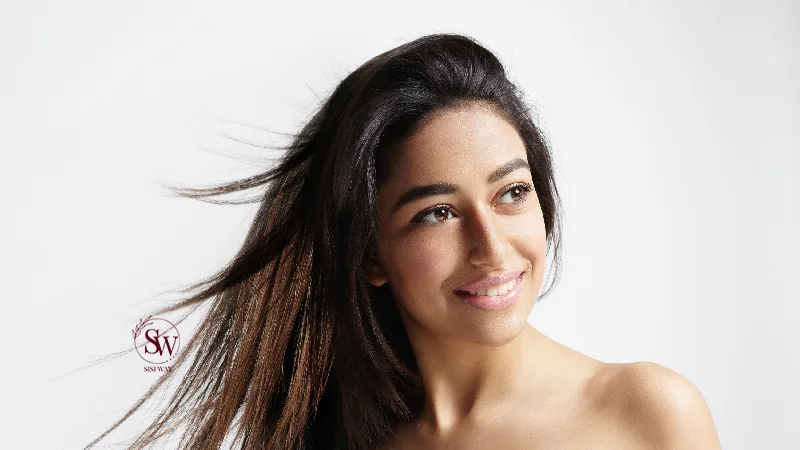
While there is no scientifically proven method to reverse the graying process and turn white hair back to its original color, some anecdotal evidence suggests that certain lifestyle changes or treatments may help slow down or partially reverse graying in some individuals. However, it’s essential to approach these methods with caution, as not all of them are supported by scientific research.
Lifestyle Changes
- Diet: A balanced diet rich in vitamins and minerals, particularly vitamin B12, iron, copper, and zinc, may help maintain healthy hair and potentially slow down the graying process. Foods like leafy greens, nuts, seeds, and lean meats can be beneficial.
- Stress Management: While stress is not a direct cause of graying, managing stress through techniques such as meditation, yoga, or exercise may help improve overall hair health.
- Avoiding Smoking: Since smoking has been linked to premature graying, quitting smoking may help slow down the graying process in some individuals.
Treatments
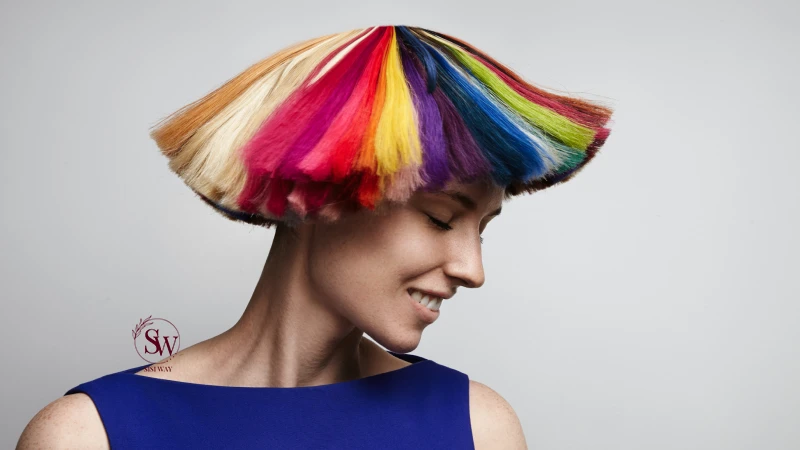
- Hair Dyes: The most common way to conceal gray hair is by using hair dyes. These products contain chemicals that deposit color onto the hair shaft, temporarily covering the gray. However, frequent use of hair dyes can damage the hair and scalp.
- Supplements: Some supplements claim to reverse gray hair by providing nutrients essential for melanin production. However, these claims are not supported by scientific evidence, and it’s essential to consult a healthcare professional before taking any supplements.
- Topical Treatments: Certain topical treatments, such as minoxidil, have been suggested to help restore hair color in some individuals. However, more research is needed to determine their effectiveness and safety for this purpose.
Conclusion
In conclusion, the process of why hair turns white is a natural part of aging. It is primarily caused by a reduction in melanin production, which is influenced by genetics, ethnicity, and other factors. While there are no proven ways to prevent or reverse gray hair, embracing it as a natural part of life can help maintain a positive attitude toward aging.
FAQ
Can stress cause hair to turn white?
While stress is often associated with premature graying, there is limited scientific evidence to support this claim. Genetics and aging are the primary factors that determine when and how hair turns gray.
Does plucking gray hair make more grow back?
No, plucking gray hair will not cause more gray hairs to grow back in its place. However, frequent plucking can damage the hair follicle, leading to hair loss.
Is gray hair coarser than pigmented hair?
Gray hair is not inherently coarser than pigmented hair. However, the texture of our hair can change as we age due to factors such as reduced oil production in the scalp.
Are there any vitamins that can prevent gray hair?
While there is no conclusive evidence that vitamins can prevent gray hair, maintaining a healthy diet rich in vitamins and minerals is essential for overall hair health.
Can smoking cause gray hair?
Some studies suggest that smoking may increase the risk of premature graying, possibly due to the harmful effects of smoking on the hair follicles. However, more research is needed to establish a definitive link.

